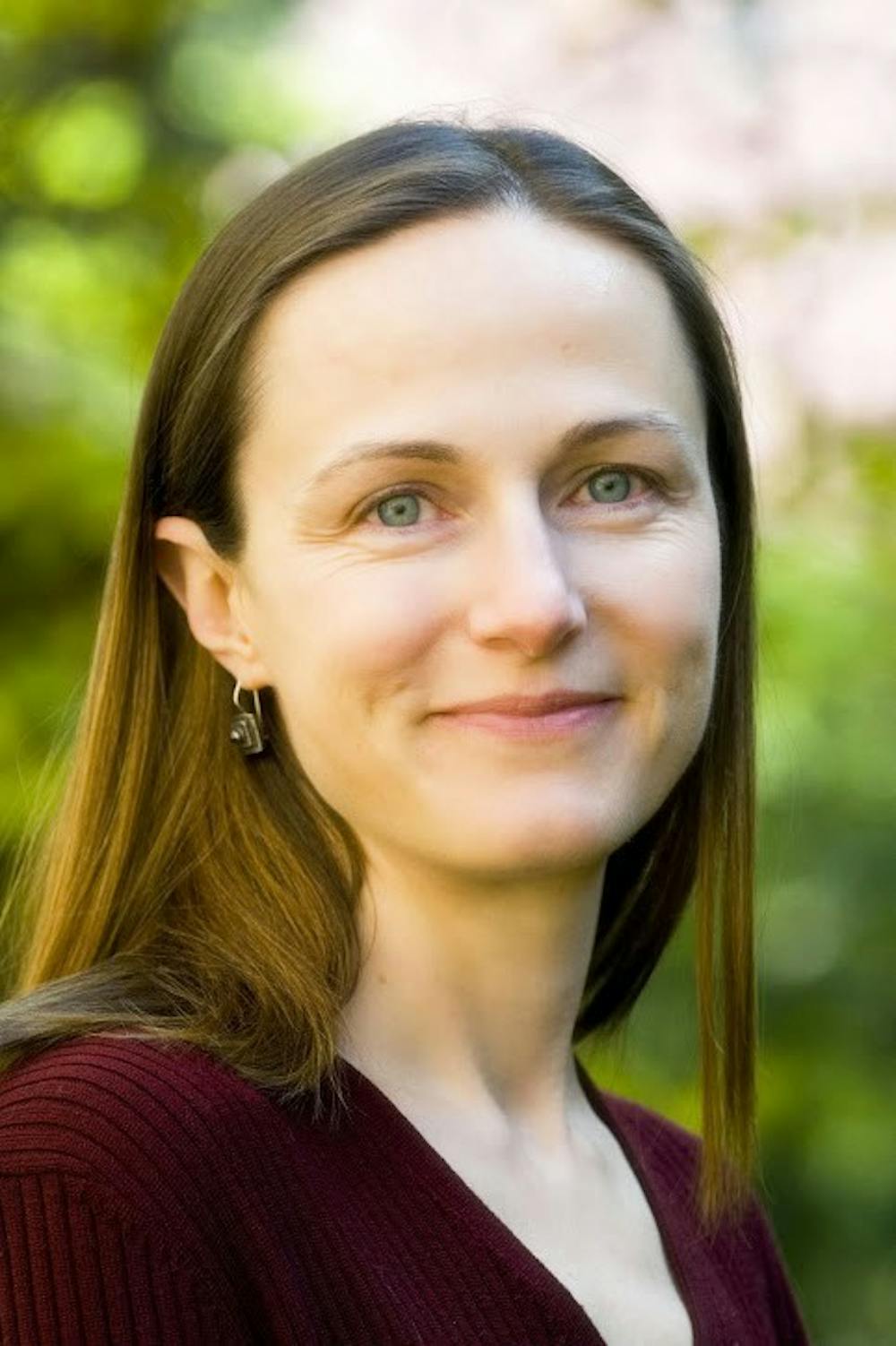By Emily Neelon |
Academic Senate votes Oct. 22 on gender studies becoming UP’s newest minor
After over a year of planning and gathering student feedback, a gender and women’s studies minor is on the verge of becoming a reality. On Sept. 25, the Curriculum Committee of the Academic Senate unanimously approved the proposal for the minor. The Academic Senate will make the final decision on the minor’s accreditation at their Oct. 22 meeting. If the Academic Senate votes in favor of the minor, it will be available starting next fall.
Students began to ask for a gender studies minor several years ago.
“A lot of students were already taking courses having to do with gender and women’s studies, but they weren’t getting a minor credit for it,” said philosophy professor Jeffrey Gauthier.
Faculty members from different disciplines within the College of Arts and Sciences created an advisory committee to work on a proposal for the minor.
“This committee, as well as other faculty members, have invested a great deal of talent, time, insight and energy into developing and shaping the minor,” social work professor Anissa Rogers said. Rogers will organize these efforts as director of the committee. As a whole, the committee will develop, implement and evaluate the minor if approved.
“I became involved because of my interest and passion in the content area and because I am invested in seeing this minor become established,” Rogers said.
If ratified, the gender studies minor will consist of courses already offered at the university. The committee has developed criteria that a class must meet if a faculty member wishes for their course to be included in the minor.
Gauthier and Rogers are eager to see how the new minor will impact students.
“My hope is to get those students that are already interested in the area or already taking these classes to get some credit for what they’ve been doing,” Gauthier said.
Rogers hopes the minor will inspire students to transform their communities.
“The minor is inherently interdisciplinary, which offers students opportunities to examine issues from historical, ethical, theological, philosophical and socio-cultural content” Rogers said. “I think this opportunity will only strengthen students' ability to critically think about and analyze issues, develop leadership skills and inform the work they do in the future.”
Senior Danielle Knott, president of the Feminist Discussion Group, thinks that many students are unsure about taking gender studies classes.
“I think that a lot of students feel that if it’s not in their major, they aren’t prepared enough in that field or they are intimidated,” Knott said. “The minor is really cool because it encourages students to take classes outside of their major which might help them discover they have interests in another field.”
Knott believes the minor is one that all students can profit from.
“It’s always good to study what the perspective of someone else is. That’s important for any form of communication you might come across in a field that you’re working in,” she said. “There’s no harm in studying the way another person might identify. Having that knowledge, that everyone doesn’t feel the same way about themselves and their sexuality, is really important”.
Although Knott will not be able to participate in the gender studies minor, she feels that the classes she has taken relating to this subject are ones that will be helpful in the job market.
“Anyone will benefit, career-wise, but I think that people that don’t actively put themselves in other people’s positions will benefit even more,” Knott said. “It’s not just about women learning about themselves, it’s about understanding the whole spectrum of what gender is about.”








